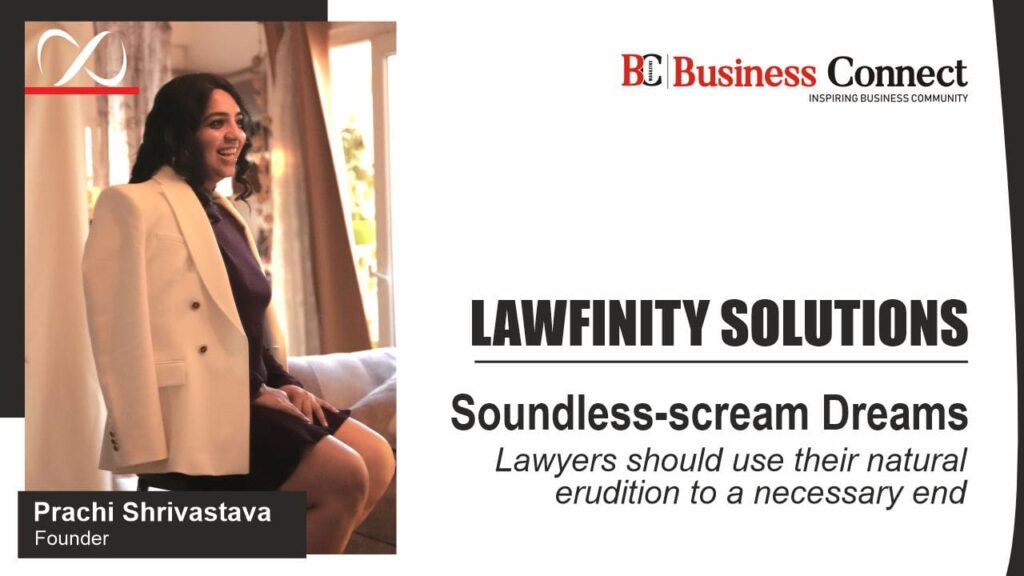
Consumer business startups in India use cashback and discount offers as incentives for customer acquisition and retention. However, the implementation of these promotions can lead to unintended consequences and legal ramifications due to undisclosed conditions and misleading advertising practices. Such ambiguities often draw scrutiny under the Consumer Protection Act, exposing startups to potential legal liabilities and regulatory sanctions. Consequently, startups may face legal challenges and reputational damage, as consumers become disillusioned with deceptive promotional tactics. This can result in decreased consumer trust, negative brand perception, and loss of market share, ultimately hampering the startup’s growth and sustainability in the competitive market environment. To mitigate these risks, startups must prioritize compliance with consumer protection laws, proactively seek legal counsel to ensure transparent offer structures, and closely monitor competitor practices to avoid legal pitfalls and uphold ethical standards in their promotional endeavors.
Ensuring Compliance with the Consumer Protection Act
The Consumer Protection Act, 2019, aims to protect consumers from unfair trade practices and ensure fair disclosure of terms and conditions. Non-compliance can result in hefty fines and damage to brand credibility. Therefore, understanding and adhering to the Act is crucial for any business offering cashback and discount promotions.
Challenges
One of the main challenges is ensuring that all terms and conditions are clearly communicated. Hidden conditions, such as minimum purchase requirements, restricted usage periods, or exclusions, can lead to accusations of deceptive advertising. Additionally, businesses must prominently display these terms to avoid consumer dissatisfaction and potential legal repercussions.
Solutions
-
Clear and Transparent Terms: Ensuring all terms and conditions of cashback and discount offers are clearly communicated is essential. This includes specifying any minimum purchase requirements, validity periods, product exclusions, and any other limitations. Using plain language helps avoid misunderstandings and builds trust with consumers.
-
Prominent Display of Conditions: Displaying all relevant conditions prominently in marketing materials, advertisements, and at the point of sale is crucial. Consumers should be aware of these terms before they make a purchase. This can be achieved through pop-up notifications on websites, detailed descriptions on promotional banners, and clear signage in physical stores.
-
Consumer Education: Educating consumers about offer details through multiple channels such as social media, email newsletters, and in-store announcements enhances transparency. Providing FAQs and customer support for any queries related to the offers can also help clarify any confusion and build consumer trust.
-
Compliance Checks: Regularly reviewing promotional content to ensure compliance with the Consumer Protection Act is vital. This includes implementing pre-approval processes for marketing materials to catch any potentially misleading information before it reaches the public. A compliance checklist for every campaign can help maintain consistency and avoid legal pitfalls.
-
Honest Advertising: Avoiding exaggerated claims about the benefits of cashback and discount offers is necessary to prevent false expectations. Ensuring that all advertisements reflect the true nature of the offer builds trust with consumers and reduces the risk of legal challenges.
-
Pre-emptive Legal Advice: A Necessity for Risk Mitigation Launching cashback and discount campaigns without thorough legal scrutiny can expose businesses to lawsuits for misleading advertising and non-compliance with consumer protection laws. Engaging in preemptive legal measures can help mitigate these risks.
Challenges
Many startups may lack the resources or awareness to seek comprehensive legal advice before launching promotional campaigns. This can lead to inadvertent violations of consumer protection laws and subsequent legal troubles.
Solutions
-
Consultation with Legal Experts: Engaging with lawyers who specialize in consumer protection and advertising laws before launching any promotional campaign is essential. These experts can provide valuable insights into potential legal pitfalls and help draft terms and conditions that are both clear and legally sound.
-
Regular Legal Audits: Conducting regular audits of marketing practices and promotional terms ensures ongoing compliance with the latest legal standards. This proactive approach helps identify and rectify issues before they escalate into legal disputes, safeguarding the business against potential lawsuits.
-
Legal Documentation: Maintaining comprehensive legal documentation of all cashback and discount offers, including terms and conditions, promotional materials, and records of legal consultations, is crucial. Having thorough documentation can be invaluable in defending against any legal claims and demonstrating a commitment to compliance.
-
Consumer Feedback Mechanism: Establishing a robust feedback mechanism where consumers can report any issues or confusion regarding promotional offers helps businesses identify potential areas of legal risk. Analyzing this feedback can improve the clarity of future campaigns and ensure that consumer concerns are addressed promptly.
-
Monitoring Competitor Practices: Keeping an eye on competitor marketing practices is essential to stay competitive. However, ensuring that your practices adhere to advertising regulations while remaining attractive to consumers can be challenging.
Challenges
In a competitive market, it is important to balance attractiveness with compliance. Understanding competitor strategies while adhering to legal standards can be complex but is necessary for maintaining a competitive edge.
Solutions
-
Competitor Analysis: Regularly monitoring competitors’ cashback and discount offers helps understand market trends and consumer expectations. Tools like web scraping, social media monitoring, and subscribing to competitor newsletters can provide insights into their promotional strategies.
-
Benchmarking: Comparing your promotional offers with those of your competitors ensures that your offers are competitive while adhering to legal standards. This analysis can help refine promotional strategies and enhance their appeal to consumers.
-
Compliance Benchmarking: Assessing whether competitors are adhering to advertising regulations is also important. If instances of misleading practices are identified, consider reporting them to regulatory authorities. This not only levels the playing field but also highlights your commitment to fair practices.









